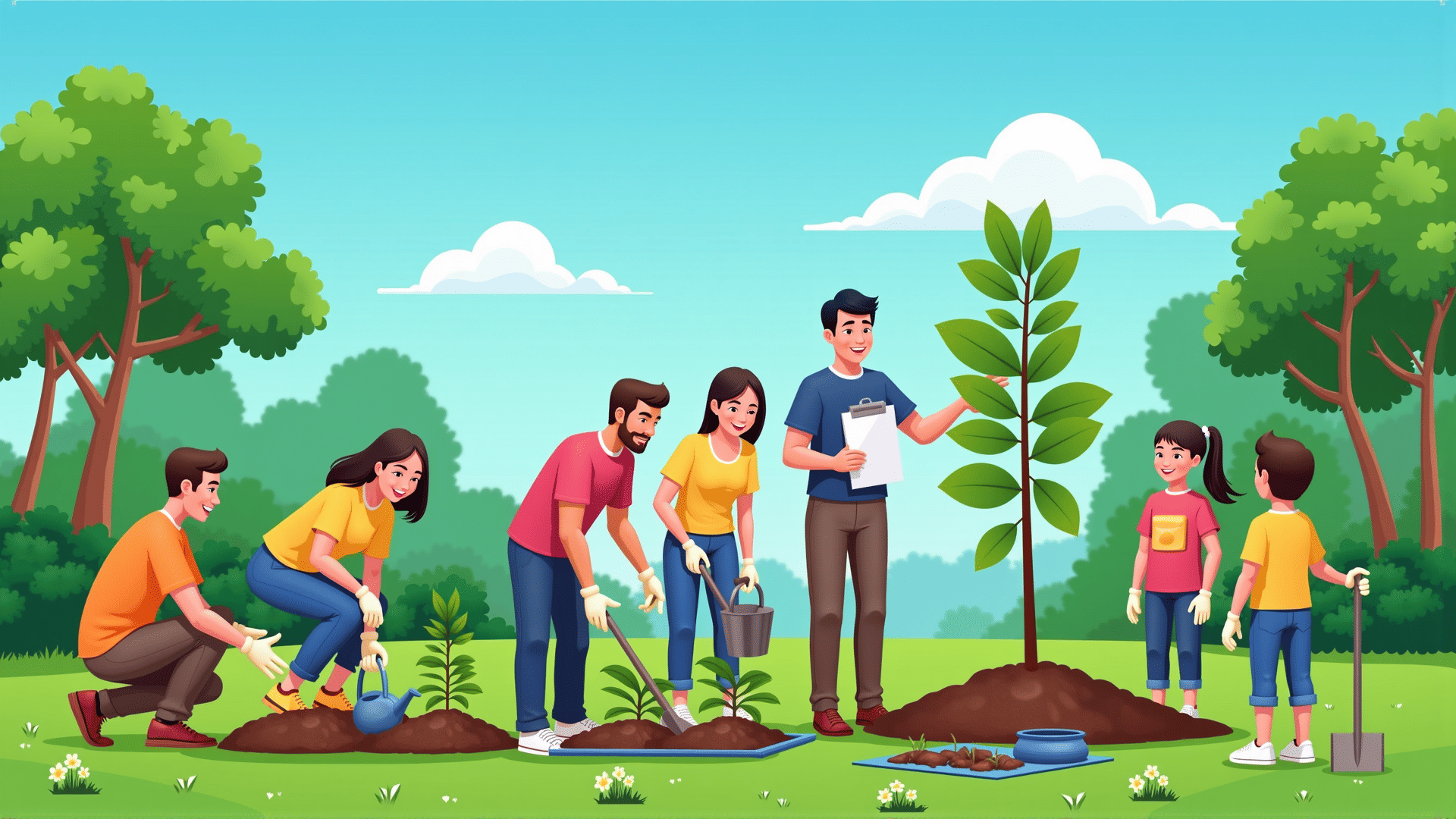The imperative to safeguard our planet's natural resources has never been more pressing. With increasing awareness about the impact of human activities on the environment, initiatives promoting sustainable practices have gained momentum, aiming to ensure a better future for generations to come.
Central to these efforts is the adoption of renewable energy sources. Solar, wind, and hydroelectric power have emerged as viable alternatives to fossil fuels, reducing carbon footprints and mitigating climate change impacts. Communities and industries worldwide are adopting these sources to decrease reliance on non-renewable resources, thus fostering a cleaner and more resilient environment.
The concept of a circular economy is also gaining traction. This model focuses on designing products with their entire lifecycle in mind, emphasizing durability, repairability, and recyclability. By minimizing waste and reusing materials, it helps conserve resources and reduce environmental degradation.
Agriculture, a significant contributor to environmental challenges, is seeing a transformation through sustainable practices. Farmers are increasingly adopting techniques like crop rotation, organic farming, and precision agriculture. These methods help maintain soil health, reduce chemical use, and enhance biodiversity, all of which are crucial for sustaining food production and protecting ecosystems.
Water conservation is another critical aspect of sustainability efforts. As a limited resource, water management strategies such as rainwater harvesting, efficient irrigation systems, and wastewater treatment offer promising solutions to preserve this vital resource for future needs.
Urban areas are reimagining their development by incorporating green building standards and investing in public transportation systems. These initiatives help reduce urban sprawl, decrease pollution, and create more livable cities with an enhanced quality of life for their inhabitants.
Grassroots movements play an essential role in driving change. Local communities, nonprofits, and individuals are actively participating in programs like reforestation, beach cleanups, and wildlife conservation, demonstrating that collective action can lead to significant positive outcomes.
Education and awareness are foundational to these efforts. By informing people about the importance of sustainable practices and the impact of their choices, we can cultivate a culture of responsibility and stewardship.
Ultimately, the journey toward environmental sustainability is a shared responsibility. Through collaboration, innovation, and commitment, it is possible to create a harmonious balance between meeting present needs and preserving the natural world for future generations. As we strive to leave a legacy of sustainability, our collective efforts today will shape the prosperity of our planet tomorrow.
